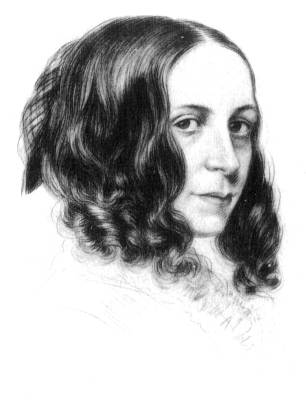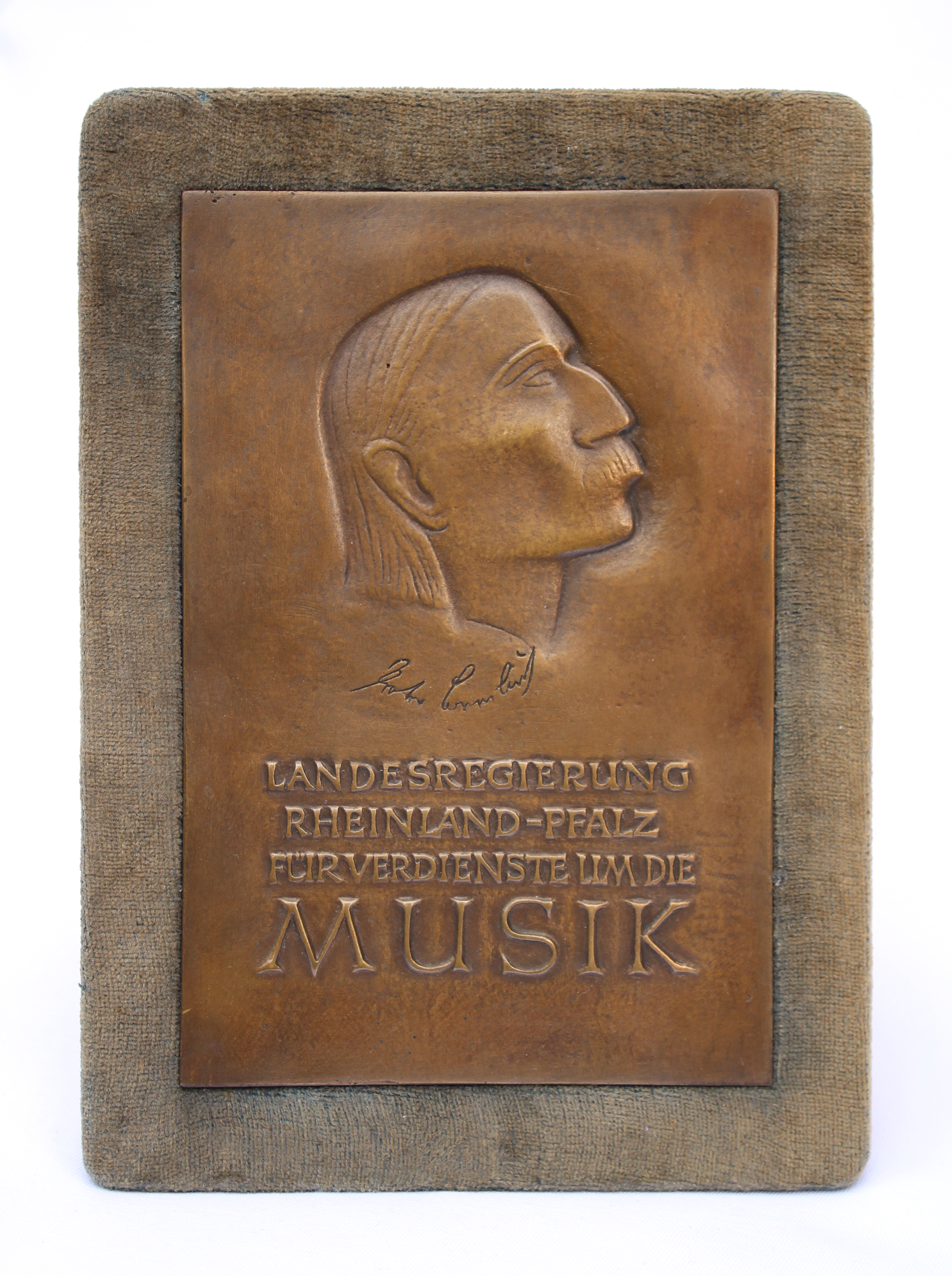|
Waldemar Von Baußnern
Waldemar Edler von Baußnern (also ''Baussnern'' or ''Bausznern''; 29 November 1866 – 20 August 1931) was a German composer and music teacher. Life Born in Berlin, and descended from Transylvanian Saxons, Baußnern was the son of a financial official. He grew up in both Transylvania and Budapest in the Austro-Hungarian Empire (in present-day Romania and Hungary respectively). Between 1882–1886 he was a student of Friedrich Kiel and Woldemar Bargiel at the Berlin Musical Academy (Berliner Musikhochschule). He then conducted various choirs; after 1909 he became director of the Großherzoglichen Musikschule in Weimar. From 1916 to 1923 he served as director of the Hoch Conservatory in Frankfurt am Main. In 1923, he became undersecretary of the Academy of Arts, Berlin. He died in Potsdam. Music Baußnern's extensive catalogue of compositions includes almost all musical genres, yet it displays an emphasis on both choral symphonic and orchestral composition. As a composer, ... [...More Info...] [...Related Items...] OR: [Wikipedia] [Google] [Baidu] |
Johann Wolfgang Von Goethe
Johann Wolfgang (von) Goethe (28 August 1749 – 22 March 1832) was a German polymath who is widely regarded as the most influential writer in the German language. His work has had a wide-ranging influence on Western literature, literary, Political philosophy#European Enlightenment, political, and Western philosophy, philosophical thought in the Western world from the late 18th century to the present.. A poet, playwright, novelist, scientist, statesman, theatre-director, and critic, Johann Wolfgang von Goethe bibliography, his works include plays, poetry and aesthetic criticism, as well as treatises on botany, anatomy, and colour. Goethe took up residence in Weimar in 1775 following the success of his first novel, ''The Sorrows of Young Werther'' (1774), and joined a thriving intellectual and cultural environment under the patronage of Duchess Anna Amalia of Brunswick-Wolfenbüttel, Duchess Anna Amalia that formed the basis of Weimar Classicism. He was ennobled by Karl August, G ... [...More Info...] [...Related Items...] OR: [Wikipedia] [Google] [Baidu] |
Rainer Maria Rilke
René Karl Wilhelm Johann Josef Maria Rilke (4 December 1875 – 29 December 1926), known as Rainer Maria Rilke, was an Austrian poet and novelist. Acclaimed as an Idiosyncrasy, idiosyncratic and expressive poet, he is widely recognized as a significant writer in the German language.Biography: Rainer Maria Rilke 1875–1926 Poetry Foundation website. Retrieved 2 February 2013. His work is viewed by critics and scholars as possessing undertones of mysticism, exploring themes of Subjectivity, subjective experience and disbelief. His writings include one novel, several collections of poetry, several volumes of correspondence and a few early novellas. Rilke traveled extensively throughout Europe, finally settling in Switzerland, which provided the inspiration for many of his poems. While Rilke is best ... [...More Info...] [...Related Items...] OR: [Wikipedia] [Google] [Baidu] |
Elizabeth Barrett-Browning
Elizabeth Barrett Browning (née Moulton-Barrett; 6 March 1806 – 29 June 1861) was an English poet of the Victorian era, popular in Britain and the United States during her lifetime and frequently anthologised after her death. Her work received renewed attention following the feminist scholarship of the 1970s and 1980s, and greater recognition of women writers in English. Born in County Durham, the eldest of 12 children, Elizabeth Barrett wrote poetry from the age of eleven. Her mother's collection of her poems forms one of the largest extant collections of juvenilia by any English writer. At 15, she became ill, suffering intense head and spinal pain for the rest of her life. Later in life, she also developed lung problems, possibly tuberculosis. She took laudanum for the pain from an early age, which is likely to have contributed to her frail health. In the 1840s, Elizabeth was introduced to literary society through her distant cousin and patron John Kenyon. Her first adult ... [...More Info...] [...Related Items...] OR: [Wikipedia] [Google] [Baidu] |
Johannes Brahms
Johannes Brahms (; ; 7 May 1833 – 3 April 1897) was a German composer, virtuoso pianist, and conductor of the mid-Romantic period (music), Romantic period. His music is noted for its rhythmic vitality and freer treatment of dissonance, often set within studied yet expressive contrapuntal textures. He adapted the traditional structures and techniques of a wide historical range of earlier composers. His includes four symphony, symphonies, four concertos, a Requiem, much chamber music, and hundreds of folk-song arrangements and , among other works for symphony orchestra, piano, organ, and choir. Born to a musical family in Hamburg, Brahms began composing and concertizing locally in his youth. He toured Central Europe as a pianist in his adulthood, premiering many of his own works and meeting Franz Liszt in Weimar. Brahms worked with Ede Reményi and Joseph Joachim, seeking Robert Schumann's approval through the latter. He gained both Robert and Clara Schumann's strong support ... [...More Info...] [...Related Items...] OR: [Wikipedia] [Google] [Baidu] |
August Heinrich Hoffmann Von Fallersleben
August Heinrich Hoffmann (, calling himself von Fallersleben, after his hometown; 2 April 179819 January 1874) was a German poet. He is best known for writing "", whose third stanza is now the national anthem of Germany, and a number of popular children's songs, considered part of the Young Germany movement. Biography Hoffmann was born in Fallersleben in Lower Saxony, then in the duchy of Brunswick-Lüneburg. The son of a merchant and mayor of his native city, he was educated at the classical schools of Helmstedt and Braunschweig, and afterwards at the universities of Göttingen and Bonn. His original intention was to study theology, but he soon devoted himself entirely to literature. In 1823 he was appointed custodian of the university library at Breslau, a post which he held till 1838. He was also made extraordinary professor of the German language and literature at that university in 1830, and ordinary professor in 1835. Hoffmann was deprived of his chair in 1842 ... [...More Info...] [...Related Items...] OR: [Wikipedia] [Google] [Baidu] |
Friedrich Gottlieb Klopstock
Friedrich Gottlieb Klopstock (; 2 July 1724 – 14 March 1803) was a German poet. His best known works are the epic poem ''Der Messias'' ("The Messiah") and the poem ''Die Auferstehung'' ("The Resurrection"), with the latter set to text in the finale of Gustav Mahler's Symphony No. 2. One of his major contributions to German literature was to open it up to exploration outside of French models. Biography Early life Klopstock was born at Quedlinburg, the eldest son of a lawyer. Both in his birthplace and on the estate of Friedeburg on the Saale, which his father later rented, he spent a happy childhood. Having been given more attention to his physical than to his mental development, he grew up strong and healthy and was considered an excellent horseman. In his thirteenth year, he returned to Quedlinburg and attended the gymnasium there, and in 1739 went on to the famous classical school named Schulpforta. Here he soon became adept in Greek and Latin versification, and wrote s ... [...More Info...] [...Related Items...] OR: [Wikipedia] [Google] [Baidu] |
Adolf Stern
Adolf Stern (real name: ''Adolf Ernst''; June 14, 1835 – April 15, 1907) was a German literary historian and poet. He was born in Leipzig. He studied at the universities of Leipzig and Jena, and in 1868, was appointed professor of the history of literature in ate Königlich-Sächsischen Polytechnikum of inesden. His publications include the compilation ''Fünfzig Jahre deutscher Dichtung'' (1871); two collections of essays, ''Aus dem achtzehnten Jahrhundert'' (1874), ''Geschichte der neuern Litteratur'' (seven volumes, 1882–85); ''Grundriss der allgemeinen Literaturgeschichte'' (fourth edition, 1906); and edithe ting of Hauff, Herder, and Körner, Sr. His literary works include: ''Gedichte'' (1860); fourth edition, 190(0); ''D'';''e Wiedertäufer'' (1866), stories; the novels ''Die letzten Humanisten'' (1880); ''Camoëns'' (1887); and ''Die Ausgestossenen'' (1911), a fragment. His selected works appeared in eight volumes (Leipzig, 1908). He died in Dresden Dresden ... [...More Info...] [...Related Items...] OR: [Wikipedia] [Google] [Baidu] |
Adolf Bartels
__NOTOC__ Adolf Bartels (15 November 1862 – 7 March 1945) was a German journalist, writer and poet, known today mainly for his antisemitic and national-socialist stance.Roderick Stackelberg, "Bartels, Adolf", in ''Antisemitism : a historical encyclopedia of prejudice and persecution'', edited by Richard S. Levy. ABC-CLIO, Santa Barbara, 2005, (p. 59-60). Bartels was born at Wesselburen, in Holstein, and educated at Leipzig and Berlin. An artisan's son, Bartels studied literature. After 1895 a free-lance journalist in Weimar, he gained a reputation as a Hebbel scholar. In 1897 he wrote a history of German literature that was marked by racist evaluations and rabid antisemitism; it became a pioneering work for National Socialist literary reviews. According to Bartels, even authors whose names sounded Jewish, who wrote for the "Jewish press", or who were friendly with Jews were "contaminated with Jewishness". The noblest task of ''völkisch'' cultural policy would therefo ... [...More Info...] [...Related Items...] OR: [Wikipedia] [Google] [Baidu] |
Angela Gehann-Dernbach
150px, Angela Gehann-Dernbach Angela Gehann-Dernbach (born February 21, 1958, in Bucharest, Romania) is a German conductor, organist and singer based in Darmstadt, Germany. Gehann-Dehrbach has chaired both the Internationale Gesellschaft für Deutsche Romantik (the International Society for German Romanticism) and the Baussnern Society, an organization dedicated to the music of composer Waldemar von Baußnern Waldemar Edler von Baußnern (also ''Baussnern'' or ''Bausznern''; 29 November 1866 – 20 August 1931) was a German composer and music teacher. Life Born in Berlin, and descended from Transylvanian Saxons, Baußnern was the son of a financia ... (1866–1931). She has won prizes in international choral competitions and led choir tours of 12 European countries and the United States. At present she conducts both the chamber choir of Marienhöhe Darmstadt and the vocal ensemble Cantabile Darmstadt; since 2006, both the Bach-Chor Darmstadt and Kammerorchester Pro Musi ... [...More Info...] [...Related Items...] OR: [Wikipedia] [Google] [Baidu] |
Dietrich Von Bausznern
Dietrich von Bausznern (March 19, 1928 – January 20, 1980) was a German composer, cantor, organist and music teacher. Bausznern was born in Rastenburg, East Prussia, now Kętrzyn in present-day Poland. He wrote more than 300 compositions in a wide variety of genres, yet concentrated on church music: religious concerts, cantatas, motets, choral music, and chamber music as well a youth opera and a funk opera. In 1981, the "Baußnern-Vereins zur Förderung des musikalischen Schaffens Waldemar von Baußnerns," an organization dedicated to promoting awareness of the music of Waldemar von Baußnern, Bausznern's grandfather was founded. The society, which is located in Darmstadt, is now known as the Baußnern Gesellschaft. Later life For his services as a rejuvenator of Lutheran music as organizer and composer, Bausznern received numerous awards. He died in Kirchzarten, Germany. External linkslist of references in the online catalogof the Staatsbibliothek zu Berlin The Berl ... [...More Info...] [...Related Items...] OR: [Wikipedia] [Google] [Baidu] |
Peter Cornelius
Carl August Peter Cornelius (24 December 1824 – 26 October 1874) was a German composer, writer about music, poet and translator. Life He was born in Mainz to Carl Joseph Gerhard (1793–1843) and Friederike (1789–1867) Cornelius, actors in Mainz and Wiesbaden. From an early age he played the violin and composed, eventually studying with Tekla Griebel-Wandall and composition with Heinrich Esser in 1841. He lived with his painter uncle Peter von Cornelius in Berlin from 1844 to 1852, and during this time he met prominent figures such as Alexander von Humboldt, the Brothers Grimm, Friedrich Rückert and Felix Mendelssohn. His early compositions included chamber and church music and secular songs, among which stands the Stabat Mater for soloists, choir, and orchestra, composed in 1849. Cornelius's first mature works (including the opera ''Der Barbier von Bagdad'') were composed during his brief stay in Weimar (1852–1858). His next place of residence was Vienna, where he ... [...More Info...] [...Related Items...] OR: [Wikipedia] [Google] [Baidu] |






